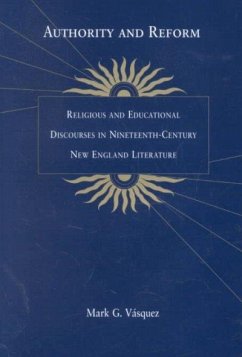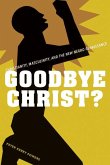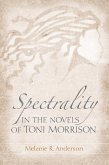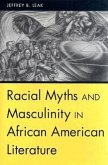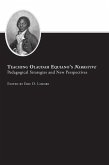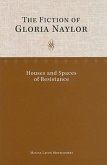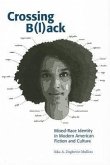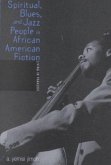In nineteenth-century New England, two dominant schools of theology--Unitarian-Transcendental and Calvinist-Evangelical--concerned themselves with the sweeping reforms then taking place in religion and education, but with different emphases on the place of the individual. Calvinists and Unitarians alike attempted to solve the paradox of individual and collective authority within the church and in society, but during this era a shift in discursive authority from the sermon to the mass-produced tract not only signaled an attempt to redefine the individual's relationship to God and society, but also paralleled similar shifts in nineteenth-century educational culture, as pedagogical innovation attempted to redefine the student-teacher relationship. Authority and Reform explores the ways in which the interplay of religion and education fostered the concepts of self-culture and social reform and shows how such interplay helped construct varying epistemologies, individualities, and discourse communities. Mark Vasquez traces the evolution of self-culture from a theological concept to an educational and literary one. Drawing on examples ranging from late-eighteenth-century epistolary novels and religious pamphlets to temperance texts, essays, and late-nineteenth-century sentimental novels, he shows how writers applied prevailing languages of power to promote the sweeping changes that churches and schools seemed incapable of carrying out by them-selves. As a reformative force, the literary text encouraged activism among all its readers, but affected (and was affected by) women more profoundly than, and differently from, men. By making unsuspected connections between seemingly different authorsand thinkers (e.g., William Ellery Channing, Ralph Waldo Emerson, Amos Bronson Alcott, and Margaret Fuller, and the Calvinist-Evangelical line of the Beechers), Vasquez's work links theological discourse, literary texts, and education theory in new and illuminating ways. Auth
